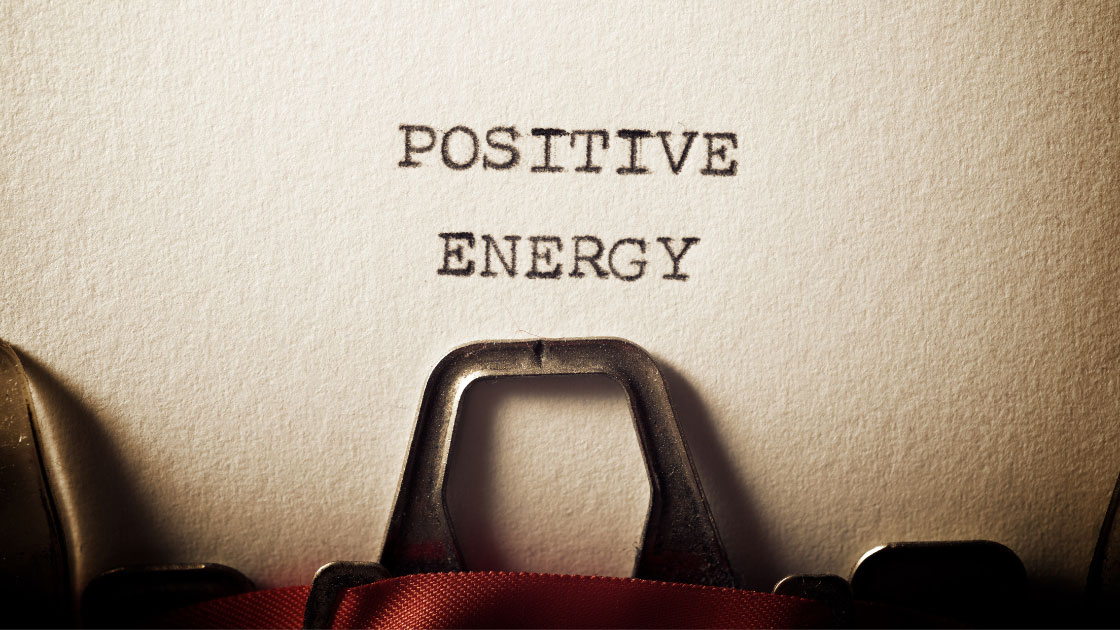
What Is Negativity Bias?
Negativity bias refers to our proclivity to “attend to, learn from, and use negative information far more than positive information. We can think of it as an asymmetry in how we process negative and positive occurrences to understand our world, one in which “negative events elicit more rapid and more prominent responses than non-negative events.
Among other things, it can explain why we often:
- Recall and think about insults more than compliments
- Respond more – emotionally and physically – to aversive stimuli
- Dwell on unpleasant or traumatic events more than pleasant ones
- Focus our attention more quickly on negative rather than positive information
Even when we experience numerous good events in one day, negativity bias can cause us to focus on the sole bad thing that occurred. It can lead us to ruminate on small things, worry over having made a bad impression, and linger on negative comments.
The brain has a negativity bias. If you do a presentation, and 99% of the people think it’s great, but 1%, or even one person, highlights what you did wrong (in their opinion), most people will fixate on where they “messed up.” We tend to internalise negative experiences.
The brain is like velcro for negative experiences and teflon for positive ones. Try to be on the lookout for the brain’s natural tendency and reverse it, with an encouraging or comforting thought. The more you catch this pattern, the more you can train your brain to become your coach instead of your critic.
We can get stuck in a loop of focusing on our mistakes and failures while our successes and joys go unnoticed. But the good news is that we can train our brains to focus on the positive. We can intentionally seek out positive experiences and savor them, letting them sink into our brains and allowing the dopamine and endorphins to give us a boost. And when negative thoughts start to creep in, we can acknowledge them and redirect our attention to something positive.
Becoming aware of the ways in which cognitive biases affect our thinking is a great aid to reflection and compassion – for ourselves and for others.
